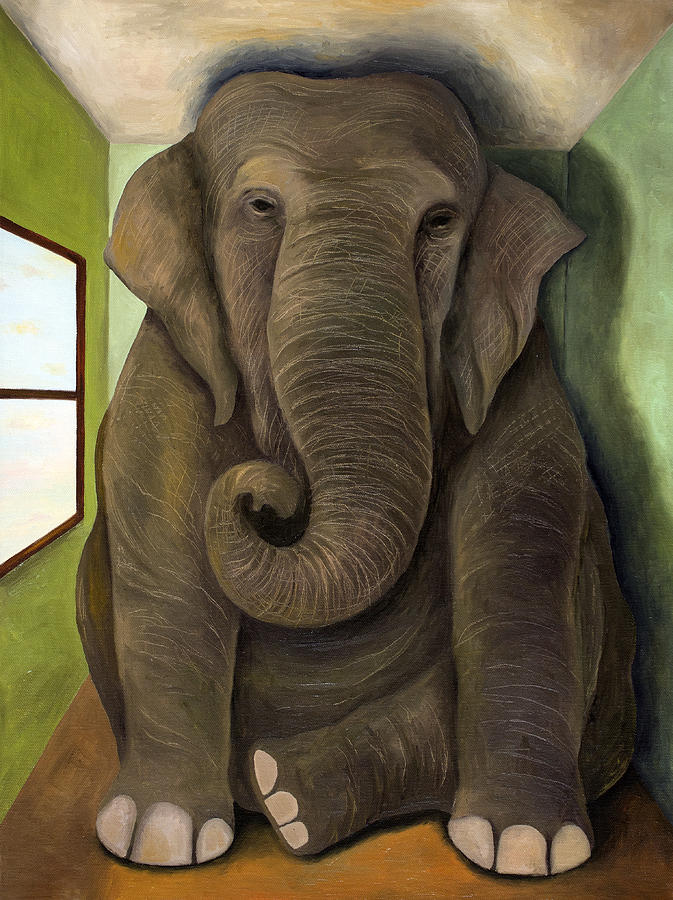Take care of yourself.
Are you eating well?
Do you have a hobby?
What do you do for fun?
We’ve all heard it. Take time for yourself. It seems that self-care is all the rage lately. I agree that setting personal boundaries is something that a healthy person should do.
I’m a fan of having a hobby. I dip into a few. Hiking, camping, reading, and sewing are always part of the rotation. Fellow blogger Sandy Merz wrote this blog about content reading being self-care. I am incredibly thankful for the reminder that I teach my subject because I love it. I love engaging in and with it and learning more about it. Finding my passion for my subject fuels self-care by reminding me why I wanted to do this in the first place.
After reading Sandy’s blog post, I clicked on this blog post from Paul Forehand about teacher and student choice. What are we doing to kindle our students’ passions and interests in the context of their education?
There is the elephant in the room. We all see it. It smells awful. It’s harming students and educators.
There are significant problems with the system.
Teaching and learning are increasingly standardized in the effort to equalize experiences for all students. The problem with this is that students and teachers are unique human beings. We all bring different personalities, interests, learning/teaching styles, life experiences, current circumstances, and passions into the “standardized” classroom.
Arizona has the largest class size and the highest counselor-to-student ratio in the nation. Schools are understaffed. Classified and licensed positions remain “open until filled” almost halfway through the school year.
The website educationdata.org ranks Arizona as 49th in the nation for spending and funding public k-12 education. The site also places Arizona below the national average in per-pupil expenditures and per capita spending for education. According to Expect More Arizona, we are ranked 50th for teacher pay.
Yes, self-care is vitally important to being a healthy person. The work-life balance is a massive piece of the pie in self-care.
No self-care can correct the problems in our systems that make working in education unsustainable. The problems are systemic.
We don’t need to burn down the system but we do need to stop doing what is not working.
What are your ideas for making school more meaningful for teachers and students?
How do we get teachers to the table and included in the conversations about policy?
As Paul stated, how do we make sure students have “skin” in the game?
photo credit: http://opening.download/spring-2020.html










Comments 2
I think having a support system at school is a must for teachers and students. Teachers need other teachers for guidance, support, and an extra set of eyes and ears. Especially in the last few years, we need to be heard. I guess not just heard, but actually listened to as well. I feel comfortable speaking with the admin, but the same isn’t true for everyone on campus. I feel like we need to discuss issues with those around us first and then move it up the food chain. Maybe someone could advocate for us? That would be perfect!
I think that decision-makers at the district and state level need to stop adding things to teachers’ plates and seriously consider lightening the load. Teachers are so overwhelmed with the basics of their job right now since students came back to school with a plethora of unexpected social and emotional needs and the amount of time and energy it takes to manage them. Not to mention the time it takes to address the needs of students who started the year further behind than “normal”. Teachers’ plates are full; stop adding food. There have to be things that can be dropped so that teachers can do what we entered the profession to do: teach students.